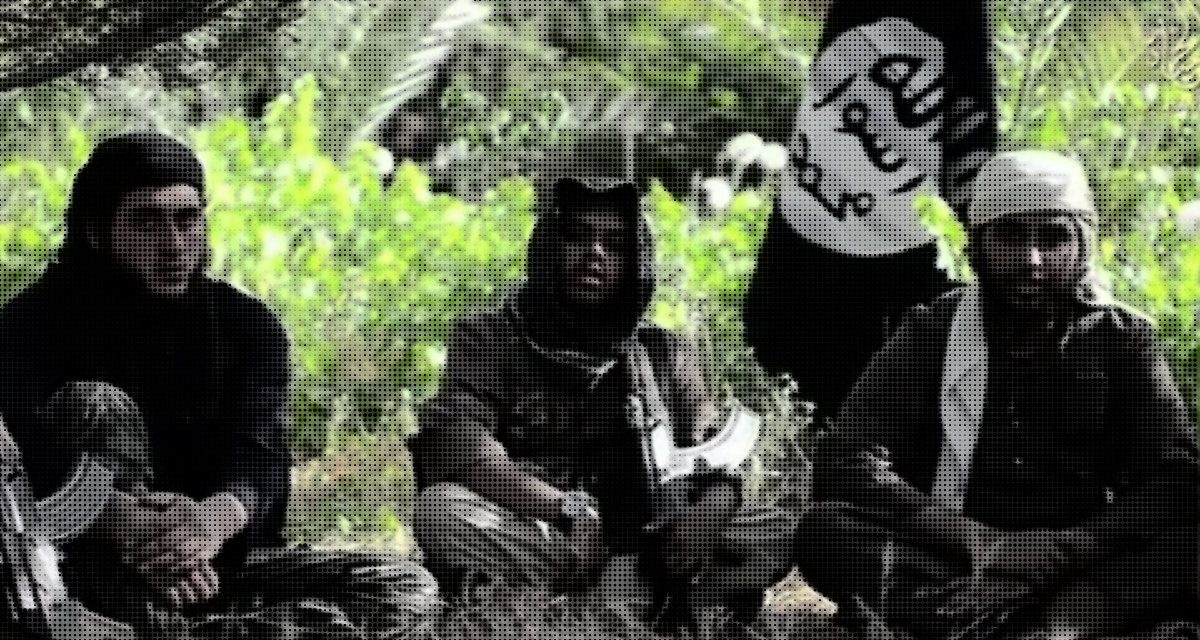Editor’s note: In this article in the journal Civil Wars, MWI Adjunct Scholar Professor Will Reno and MWI Non-Resident Fellow Dr. Jahara Matisek examine current and past trends in insurgent recruitment. They discuss the way academics and practitioners have analyzed insurgent groups and how “new” wars are changing these groups’ behavior.
Ever since Mary Kaldor published New and Old Wars: Organized Violence in a Global Era in 1999, there has been a debate centering on whether such “new” wars (i.e., civil wars, internal conflicts, etc.) within the context of globalization are truly different from “old” wars in a pre-globalized world. Our article probes ideas considered central to the study of how insurgencies are fought, focusing on the way in which insurgencies recruit and how a new globalized environment has changed these dynamics. For example, as the West militarily intervened in 2016, Islamic State leadership instituted “penny-pinching,” to include “cutting everyday treats like free energy drinks and Snickers bars.” The irony should not be lost on those knowing that the Islamic State was bent on a war against the West, yet its foot soldiers were beholden to such consumer goods produced by the West.
We argue that insurgent recruitment has become different in “new” wars. To make our case we survey the way in which political scientists and non-traditional scholars have analyzed insurgencies and counterinsurgencies. Moreover, we identify continuity in “old” and “new” civil wars, but contend that collapsed states and the ascent of new types of insurgents with different power bases is markedly different from a pre-globalized era. These “new” insurgents thrive in failed states, creating new pathways for recruitment, which has undergone a transformation since the end of the Cold War era. We find that that while there is nothing new about the concept of contemporary insurgent recruiting processes, recruitment efforts have shifted towards a global audience, drastically changing the context and character of these types of wars and the ways in which they are waged. Our views on these shifts are based on decades of combined experience in conflict zones, with one author as a traditional academic and the other author as a warrior-scholar.
The views expressed are those of the authors and do not reflect the official position of the United States Military Academy, Department of the Army, Department of Defense, or any organization or institution with which the authors are affiliated.



